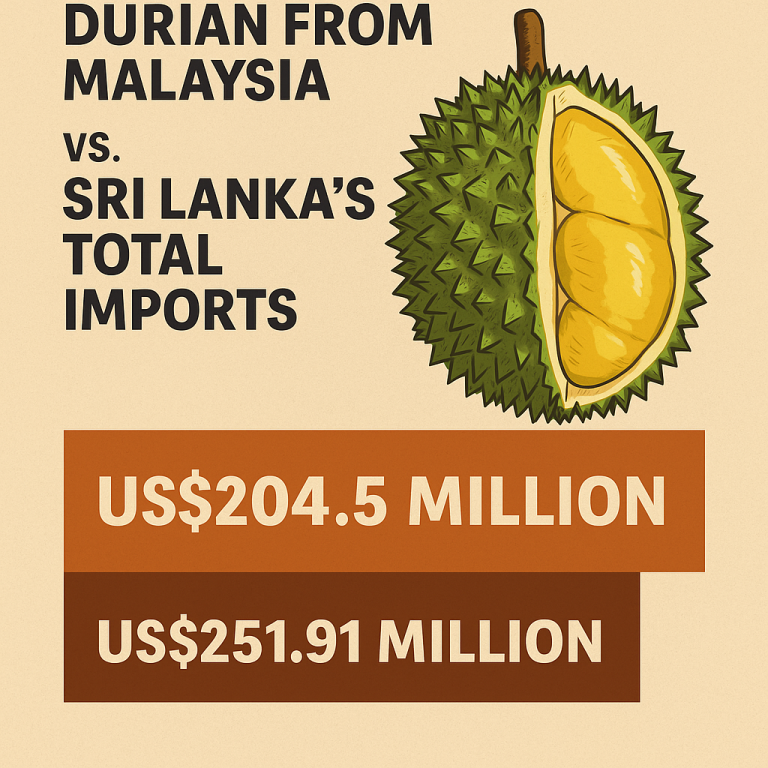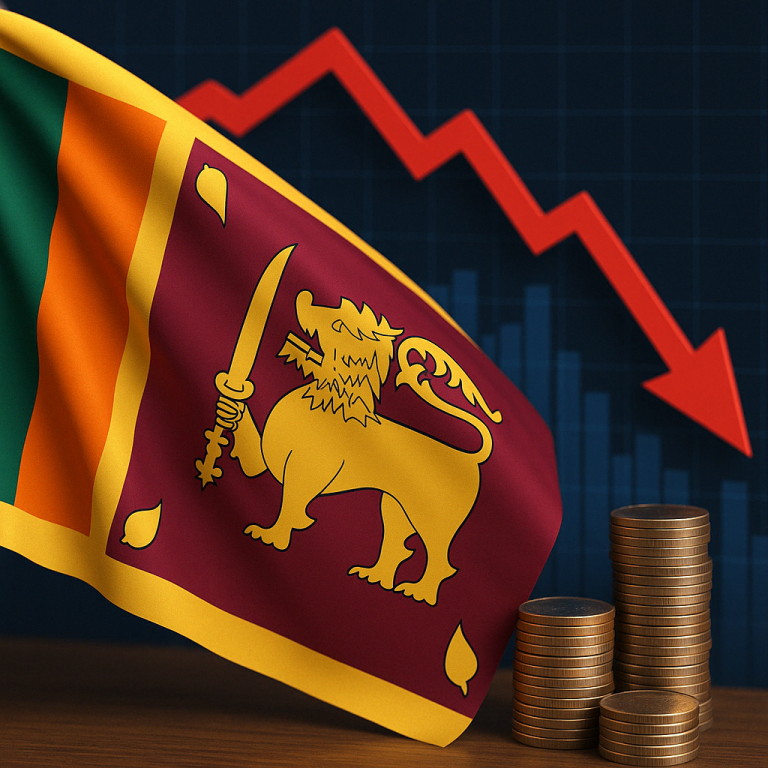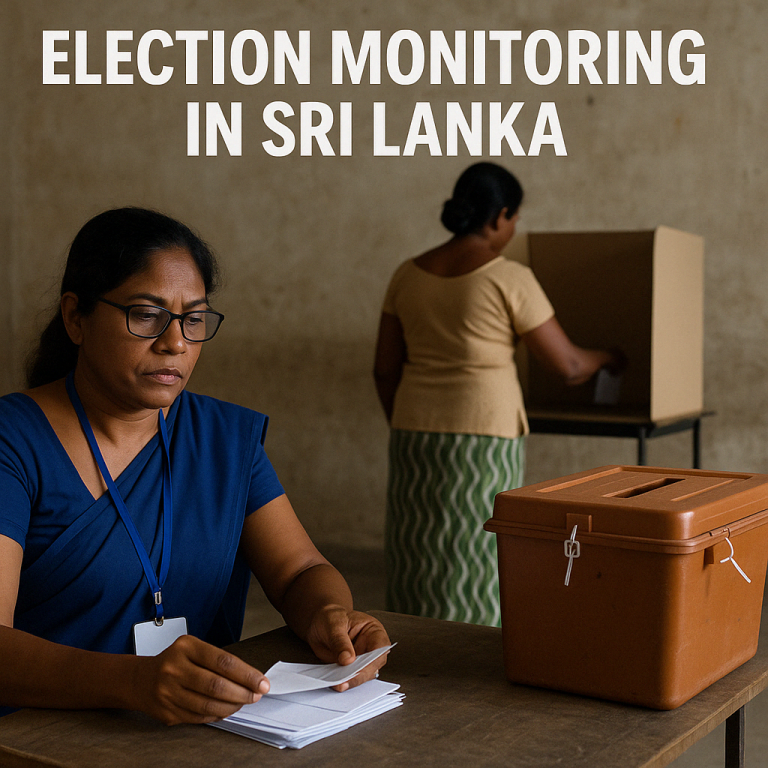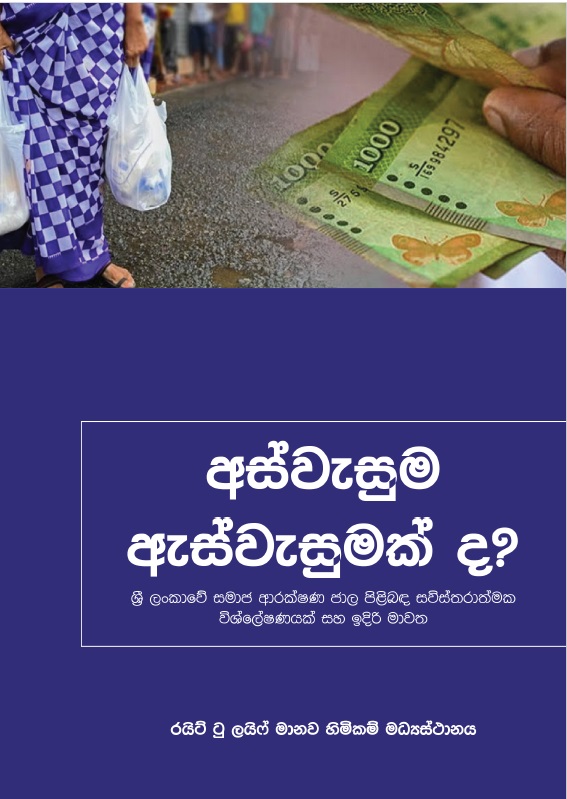The Sri Lankan government’s submission to the International Monetary Fund (IMF) for the 2024 Article IV Consultation and the Second Review under the Extended Fund Facility (EFF) has been met with significant criticism. Many argue that the stringent conditions imposed by the IMF exacerbate the country’s economic challenges, disproportionately affecting the poor and vulnerable. Critics contend that these measures, while aimed at stabilising the economy, fail to address the root causes of economic instability and place undue burden on the general populace.
Key Aspects of the Submission:
- Economic Recovery:
- The economy has shown signs of recovery, with real GDP increasing by 3% in the latter half of 2023.
- Inflation remained low at 0.9% as of May 2024, and gross international reserves rose to $5.5 billion by the end of April 2024 (International Monetary Fund) (International Monetary Fund).
- Fiscal Performance:
- There has been an improvement in the primary balance, resulting in a surplus due to a rise in tax revenue to 9.8% of GDP in 2023.
- Despite these improvements, there are still vulnerabilities in the banking sector, particularly with non-performing loans (International Monetary Fund).
- Debt Restructuring and Fiscal Policies:
- The government is focusing on sustained revenue mobilisation, finalising debt restructuring, and protecting social and capital expenditure.
- This includes further tax administration reforms, limiting tax exemptions, and enhancing fiscal discipline through a new Public Financial Management bill (International Monetary Fund).
- Monetary Policy:
- The prioritisation of price stability is crucial, with an emphasis on maintaining the independence of the central bank and avoiding monetary financing.
- There is also a goal to gradually phase out balance of payments measures and continue exchange rate flexibility to rebuild external buffers (International Monetary Fund).
- Structural Reforms:
- The submission highlights the necessity for governance reforms, trade liberalisation, labour reforms to increase female labour force participation, and reforms of state-owned enterprises to improve efficiency and transparency (International Monetary Fund).
IMF Assessment:
The IMF recognised the progress made under the EFF-supported programme but noted significant challenges and uncertainties remain. The path to debt sustainability is delicate, requiring robust reform efforts and adequate safeguards to mitigate ongoing risks. The IMF stressed the importance of maintaining reform momentum and addressing governance weaknesses and corruption vulnerabilities to achieve a sustainable recovery and inclusive growth (International Monetary Fund) (International Monetary Fund).
For further information, you can refer to the official IMF releases on this subject:







